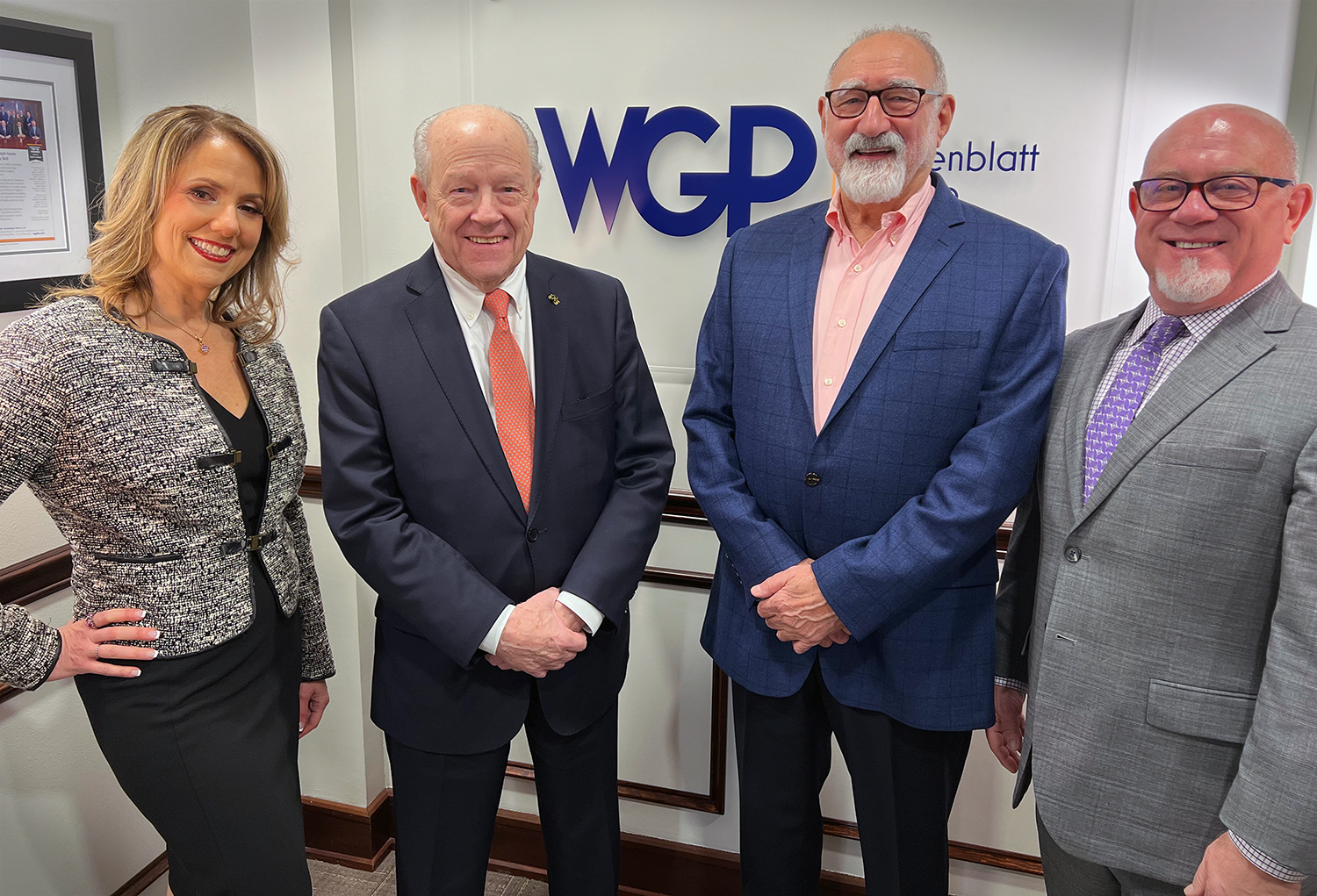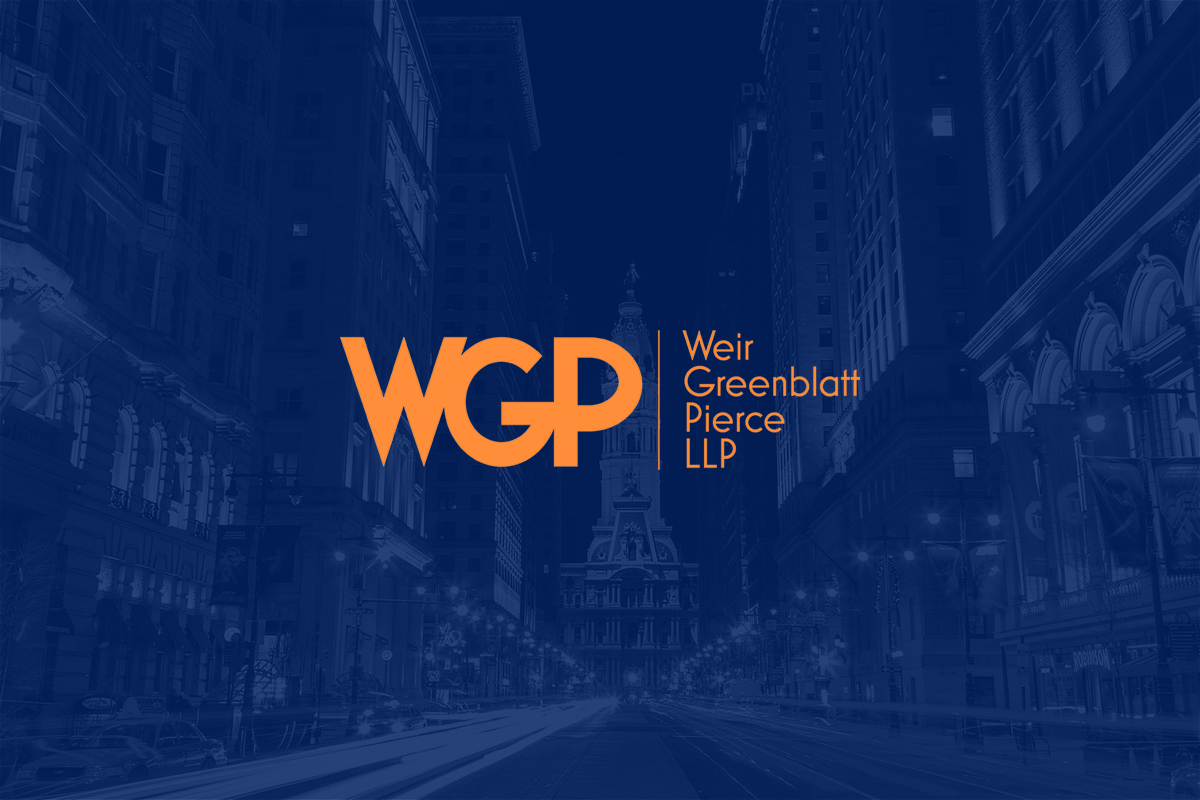By: devweb
By Peter F. Vaira, for the November 19, 2019 edition of The Legal Intelligencer newspaper
The purpose of today’s column is to examine what exceptions there are to the federal grand jury secrecy rules, and how grand jury transcripts may be obtained by practitioners for use in litigation in civil or criminal cases.
Recently the chief judge of the U.S. District Court for the District of Columbia authorized the disclosure to the Judiciary Committee of the House of Representatives, certain grand testimony from the grand jury investigation conducted by special counsel Robert Mueller. As discussed below, the subject matter of the release of grand jury transcripts goes well beyond the use in proceedings for the impeachment of the president.
Federal Criminal Rules protect the secrecy of grand jury testimony and documents utilized in grand jury investigations. As a general rule, once a person has testified before a federal grand jury, that testimony is regarded as secret, and the identity of the witness and his testimony is protected from general discovery. Rule 6 (e) provides exceptions to this rule, as some grand jury transcripts may be used in a later civil or criminal trial.
Federal Criminal Rule 6 (e) (3) (E) provides: “The court may authorize disclosure—at a time, in a manner, and subject to any other conditions that it directs— of a grand jury matter: preliminary to or in connection with a court proceeding.” That short sentence is subject to the interpretations of many complicated court decisions, which will be discussed below.
The discussion in the next six paragraphs is generally taken from my work, “Corporate Responses to Federal Grand Jury Investigations,” Lexis-Nexis, Business Monograph Series.
A judicial proceeding in the meaning of Rule 6 (e) has been defined as any proceeding determinable by a court that has its object, the compliance of any person, subject to judicial control, with standards set in the public interest. See Doe v. Rosenberry, 255 F.2d 118, 120 (2d Cir. 1958); In re Grand Jury, 932 F.2d 481 (6th Cir. 1991). Translated that means the issue must be one that is justifiable by a court of proper
jurisdiction. The prospect of litigation must be more than a remote contingency, as in United States v. Baggot, 463 U.S. 476 (1983). The use of the material in the ordinary or investigative functions of a government agency where the agency does not require litigation to achieve its goal is not preliminary to a judicial proceeding. If the agency’s proceedings are purely administrative or investigative, and the possibility of judicial review is remote, the nexus with a judicial proceeding may be lacking.
The petitioning party must demonstrate there is a particularized and compelling need for the disclosure, as held in United States v. Proctor & Gamble, 356 U.S. 677 (1958). Numerous factors have been considered by the courts in determining particularized need, with inconsistent results. The U.S. Supreme Court has said that a particularized need means that the seeking party must show the material they seek is needed to avoid a possible injustice in another proceeding, and also must show the need for the disclosure is greater than the need for continued secrecy, as in Illinois v. Abbotts and Associates, 460 U.S. 557 (1983).
Particularized need was shown where the material was necessary to impeach a witness or refresh his recollection at trial, Proctor & Gamble, supra; Puriccelli v. Borough of Morrisville, 136 F.R.D. 393 (E.D. Pa. 1991), or at a deposition, In re Grand Jury Testimony, 832 F.2d 60 (5th Cir. 1887). However, several courts have held the determination whether grand jury transcripts were necessary to refresh a witness’ recollection or impeach his testimony could not be made until the witness had testified, see Illinois v. F.E. Moran, 740 F.2d 533 (7th Cir. 1984). As a general rule, particularized need will be recognized where the use of the material is necessary to prevent misleading the trier of fact or otherwise to prevent injustice, as in Douglas Oil v. Petrol Stops Northwest, 441 U.S. 221, 222 (1979). Only as much of the material as necessary to satisfy the particular need will be disclosed, as in Missouri v. W.E.R., 55 F.3d 350, 354 (8th Cir. 1995).
The petitioning party must also show that the particularized need outweighs the traditional need for secrecy, as in United States v. McDowell, 888 F.2d 285 (3rd Cir. 1989); and In re Grand Jury Matter (Catania), 682 F.2d 61, 64 (3rd Cir. 1982). Among the reasons given by the courts for protecting
the grand jury secrecy is that secrecy encourages free disclosure by witnesses and protects the reputation of the accused if he is exonerated.
Particularized need is not satisfied where the request is made merely for general discovery in a civil proceeding, as in Wilson v. City of New York, (E.D.N.Y. Dec 21, 2007); Cullen v. Margiotta, 811 F. 2d 698, 715 (2nd Cir. 1987), or to merely shortcut the process of obtaining evidence otherwise available, as in United States v. Rutherford, 509 F.3d 791 (6th Cir. 2007); Federal Deposit Insurance v. Whinney, 921 F.2d 83,86 (6th Cir. 1990). The courts are reluctant to come to the aid of a claimant who through his own lack of due diligence has lost the other means that were available to him to obtain the evidence, as in United States v. Lopaz, 779 F. Supp. 13, 16 S.D.N.Y. 1991. The courts weigh a party’s needs in proportion to the degree of access he has to other sources of information.
As the need for secrecy decreases, the burden on the seeking party decreases. If the grand jury has returned an indictment, the reasons for secrecy are diminished. If the grand jury does not return an indictment there is a strong argument that the need for secrecy remains intact, and there is a continuing need to protect the target of the investigation. See United States v. Rose, 215 F.2d. 617 (3rd. Cir. 1954) cited with approval, Proctor & Gamble, supra 681.
Disclosure of grand jury transcripts was once frequently permitted in suits for treble damages brought against persons who were found guilty of criminal antitrust violations. According to James A. Backstrom, former head of the U.S. Department of Justice antitrust Dallas field office, that practice has almost disappeared. Backstrom said the Antitrust Division has a hard and fast policy of resisting disclosure of grand jury material, and those motions that were once granted for plaintiffs in civil antitrust cases are now unheard of. Backstrom said the Antitrust Division will also oppose discovery of documents defendants produced pursuant to a grand jury subpoena.
Recently the Judiciary Committee of the House of Representatives requested certain grand jury transcripts from the grand jury conducted by Mueller into activities of certain persons regarding the 2016 presidential election. The Judiciary Committee intended to utilize the material in preparation for articles of impeachment of President Donald Trump. The Department of Justice objected. In a 71-page opinion, U.S. District Chief Judge Beryl A. Howell of the District of Columbia ordered the Department of Justice to turn over the documents, memorandum opinion of Oct. 25, application of the Committee of the Judiciary for an order authorizing the release of certain grand jury documents. Howell applied the tests discussed above, and found that a trial before the Senate, when it is acting as the court of impeachment, is a judicial body. Thus the hearing before the House Judiciary Committee is a proceeding preliminary to a judicial proceeding. The opinion dealt at length with historical discussion by the drafters of the Constitution describing the intended purpose of the impeachment process. It is an intriguing historical analysis. The court found that the importance of the disclosure outweighed the continued need for secrecy.
I agree with the rule of strict compliance of the rule for grand jury secrecy. As a former federal prosecutor, I am of the opinion the grand jury should only be used to determine probable cause to issue criminal indictments. The nature of grand jury testimony is completely one-sided, based only upon questioning by the prosecutor. Grand jury transcripts should not be used for other hearings, nor for grand jury reports when no indictment is returned.
Peter F. Vaira is a member of Greenblatt Pierce Funt and Flores. He is a former U.S. attorney and the author of a book on Eastern District practice. He acts as a special hearing master for Pennsylvania courts and clients. He can be reached at p.vaira@gpfflaw.com.



